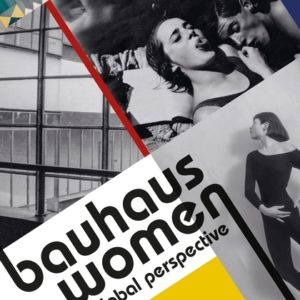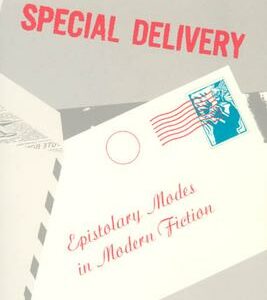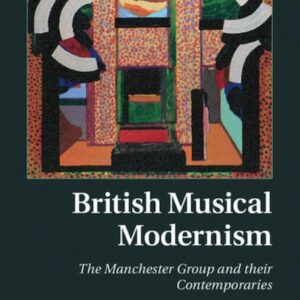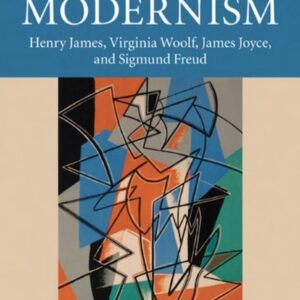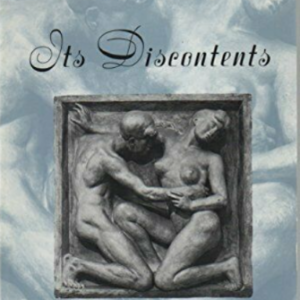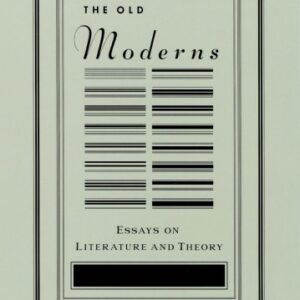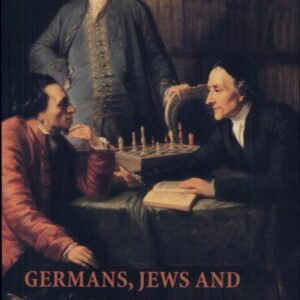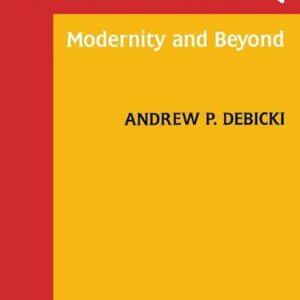
Spanish Poetry of the Twentieth Century: Modernity and Beyond
By Andrew P. Debicki (NHC Fellow, 1979–80; 1992–93) Twentieth-century Spanish poetry has received comparatively little attention from critics writing in English. Andrew Debicki now presents the first English-language history published in the United States to examine the sweep of modern Spanish verse. More important, he is the first to situate Spanish poetry in the context … Continued
